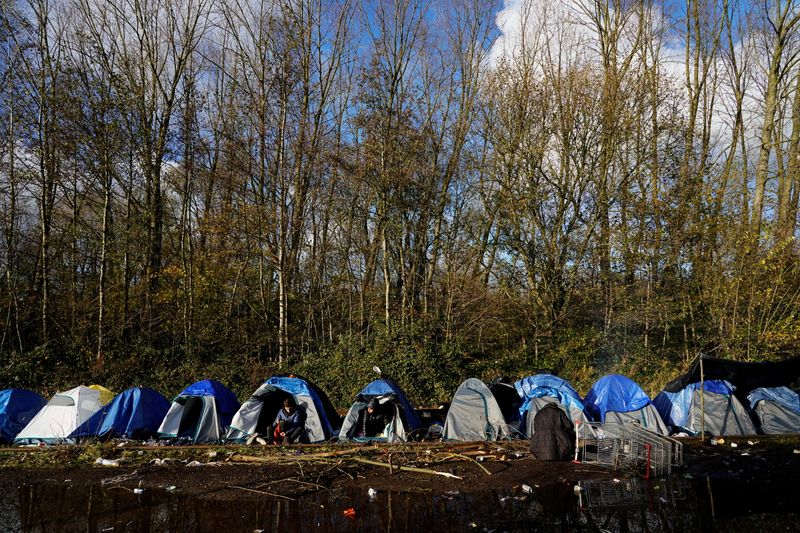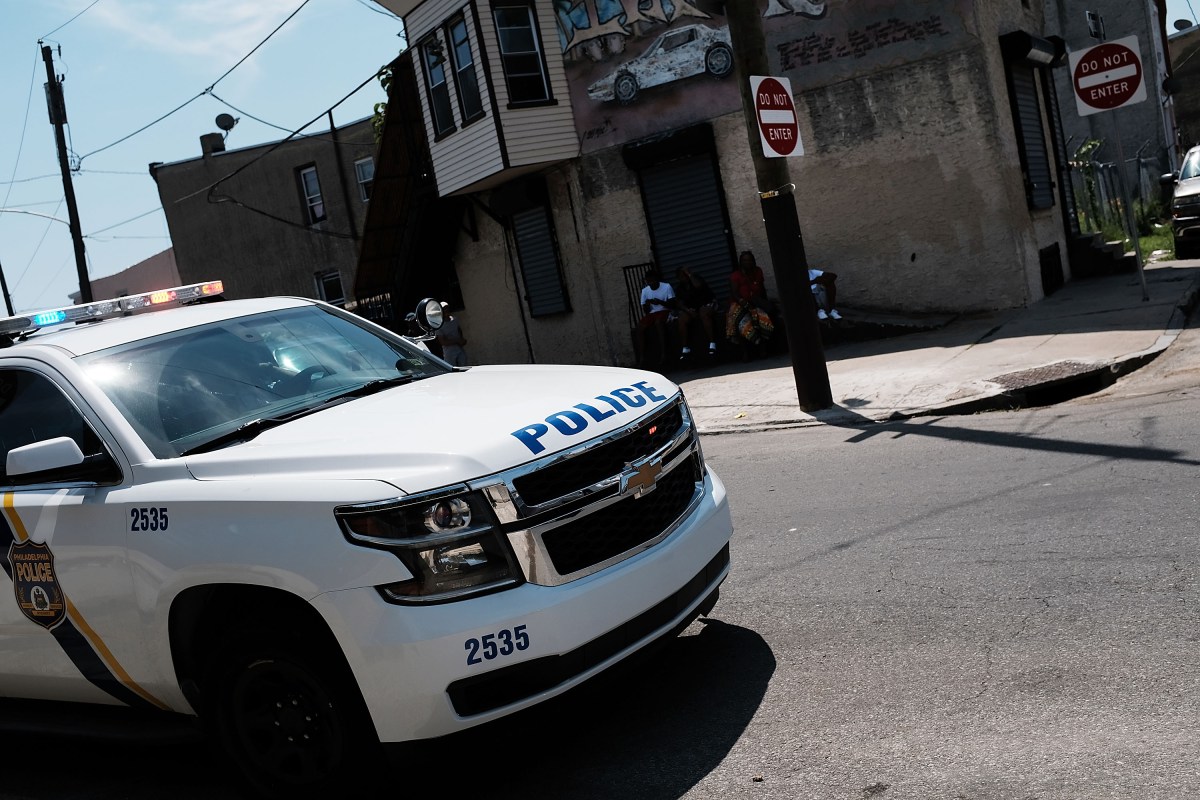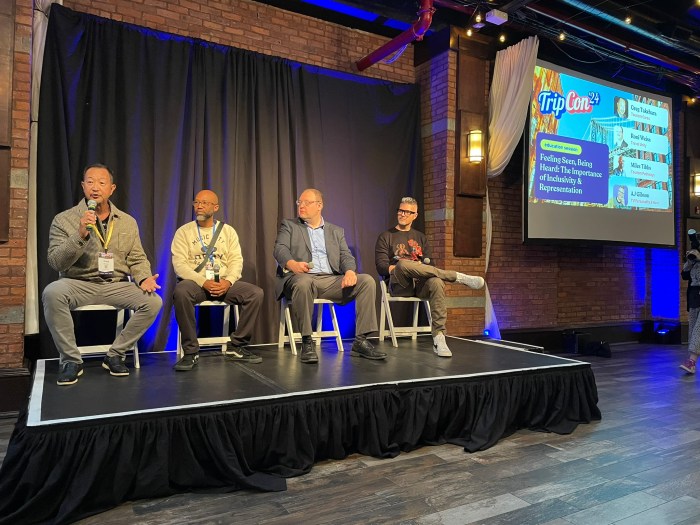LILLE, France (Reuters) – Ghafour Mangl last heard from his cousin shortly before he was due to take his place in a people smuggler’s dinghy and cross the Channel to Britain. Mangl is now consumed by fear that his cousin drowned during his attempt.
On Wednesday, Mangl was among four Afghans who arrived at a morgue in Lille to see if a missing relative was among the bodies of 27 migrants who died in the seas separating France and Britain in a single incident a week earlier.
His cousin, Muhamad Mayar, had called a friend in London in the early hours of Nov. 24 to say his dinghy was floundering. “We will go in the water,” he said.
It has left Mangl, who previously worked as a chef in Birmingham, England’s second city, before moving to France, all but certain that his cousin perished. “He (was) in this boat,” the 27-year-old told Reuters in broken English.
The 27 migrants drowned when their dinghy deflated as they made the dangerous crossing across some of the world’s busiest shipping lanes. The bodies were first spotted by a fishing boat.
So far, only one victim, a Kurdish woman from northern Iraq, had been named in British media. Maryam Nuri Mohamed Amin, 24, was making the journey to join her fiance in Britain, the BBC reported.
Charities have cautioned that it could take weeks to identify all those who died, leaving families facing an agonising wait over the fate of missing relatives.
Authorities told Mangl and members of the three other families DNA tests would have to be run before they could be allowed to see the bodies, prolonging their anguish.
Amanullah Omarkhil, 18, lost contact with his cousin several weeks ago. Omarkhil has no idea if he set out from France’s northern shores on the doomed dinghy or not, but felt like he needed to know one way or the other.
The wait, however, was tough.
“I can’t do anything,” he said.
(Reporting by Juliette Jabkhiro; Editing by Richard Lough and Mark Heinrich)





















